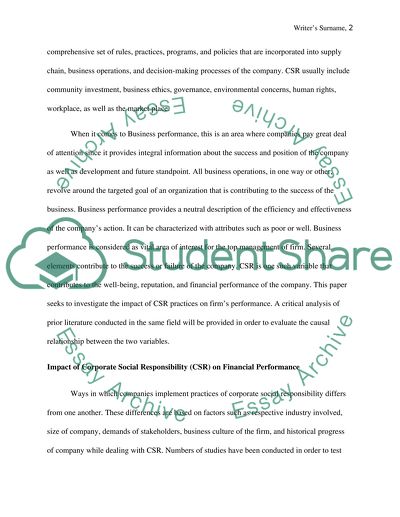Cite this document
(“Risk management Research Paper Example | Topics and Well Written Essays - 2000 words”, n.d.)
Risk management Research Paper Example | Topics and Well Written Essays - 2000 words. Retrieved from https://studentshare.org/finance-accounting/1491389-risk-management
Risk management Research Paper Example | Topics and Well Written Essays - 2000 words. Retrieved from https://studentshare.org/finance-accounting/1491389-risk-management
(Risk Management Research Paper Example | Topics and Well Written Essays - 2000 Words)
Risk Management Research Paper Example | Topics and Well Written Essays - 2000 Words. https://studentshare.org/finance-accounting/1491389-risk-management.
Risk Management Research Paper Example | Topics and Well Written Essays - 2000 Words. https://studentshare.org/finance-accounting/1491389-risk-management.
“Risk Management Research Paper Example | Topics and Well Written Essays - 2000 Words”, n.d. https://studentshare.org/finance-accounting/1491389-risk-management.


